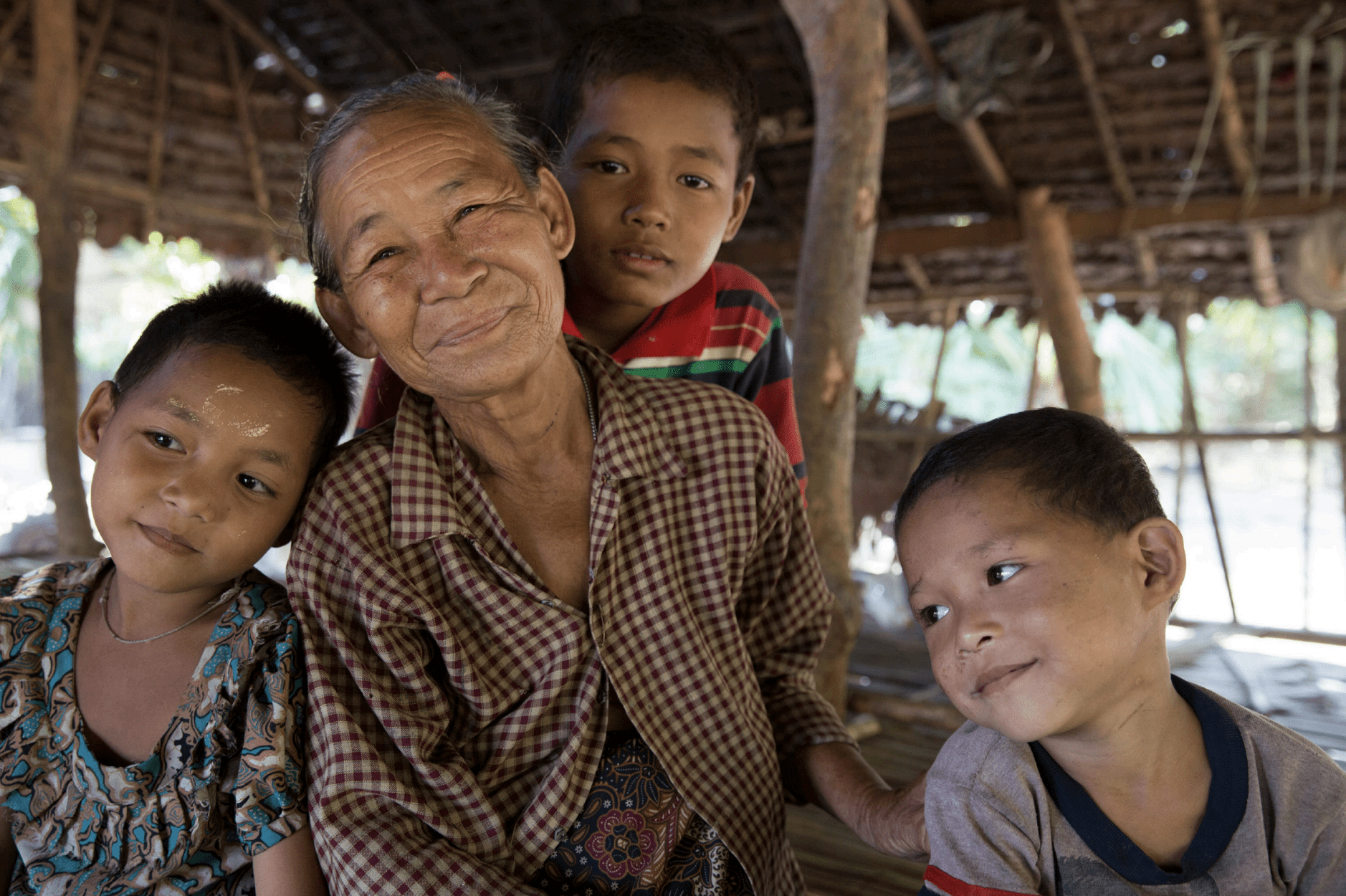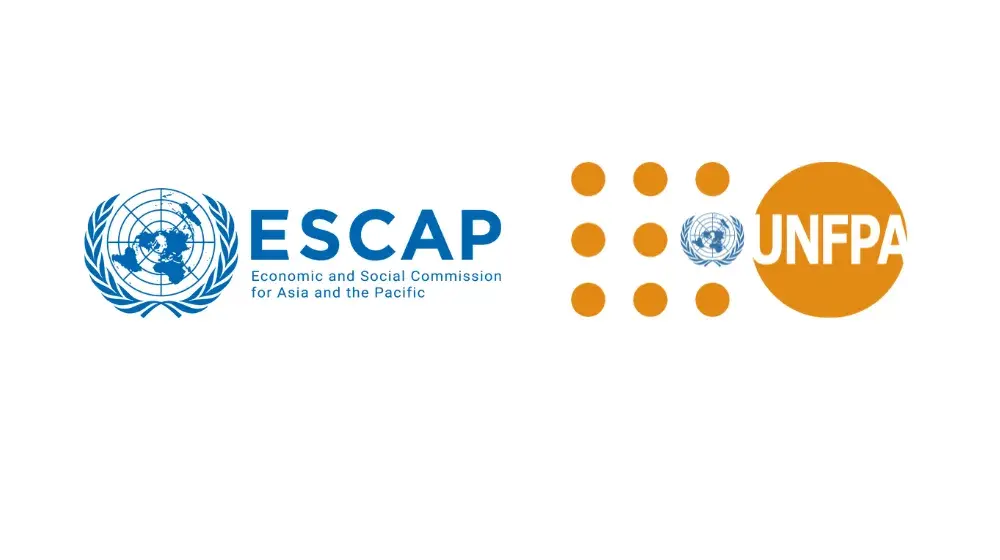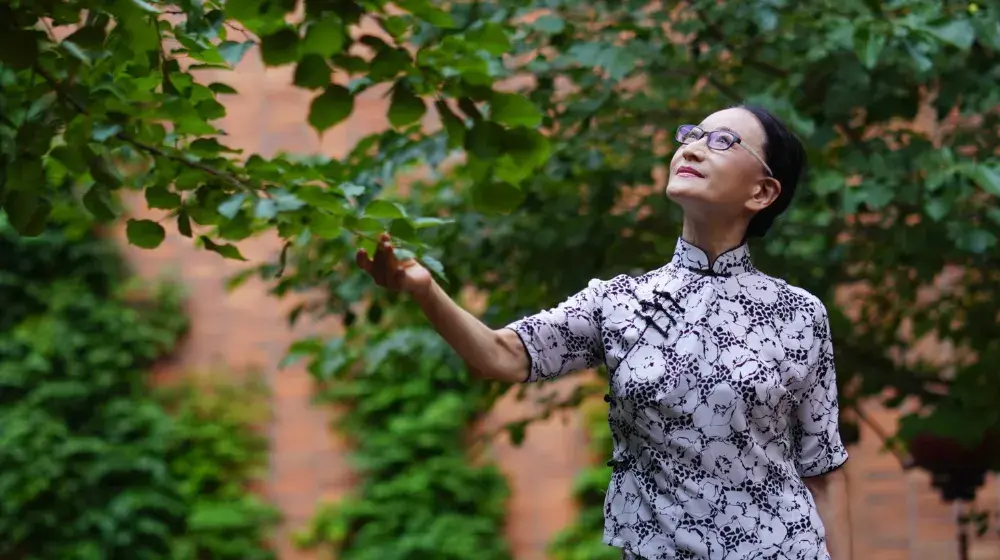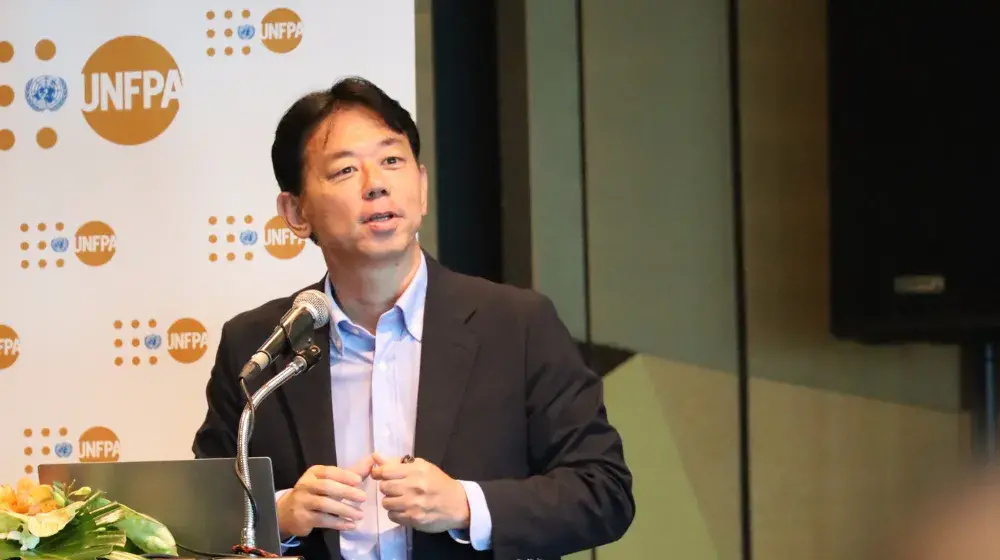Experts meet to discuss ageing populations across Asia and the Pacific.
Bangkok, Thailand - At a time when a growing number of countries across Asia and the Pacific are faced with rapidly ageing populations, the Government of Japan and the United Nations Population Fund (UNFPA) co-hosted a policy-level dialogue on this significant emerging trend, bringing together governments, UN officials and experts to focus on the issue through the lens of the 2030 Agenda for Sustainable Development and its Sustainable Development Goals (SDGs).
Participants at this discussion, held as a side-event on 15 May 2018, during the 74th session of the UN Economic and Social Commission for Asia and the Pacific (UNESCAP), took up both the challenges and the opportunities that population ageing presents in the region, with the Asia and the Pacific region being home to over half of the world’s current population above 60 years of age.
“Across Asia-Pacific, rapidly changing demographics are set to have a very significant impact on the region’s medium to long-term prospects, including across the political, economic and social spheres,” said Shiro Sadoshima, Japan’s Ambassador to Thailand, in his opening remarks.
“Japan, as one the most rapidly ageing nations globally, is keen to cooperate with other countries in the region on ageing, particularly through our government’s ‘Asia Human Well-Being Initiative,’” added Ambassador Sadoshima. Launched in 2016, the initiative aims to share Japanese health sector expertise and experiences with developing countries.
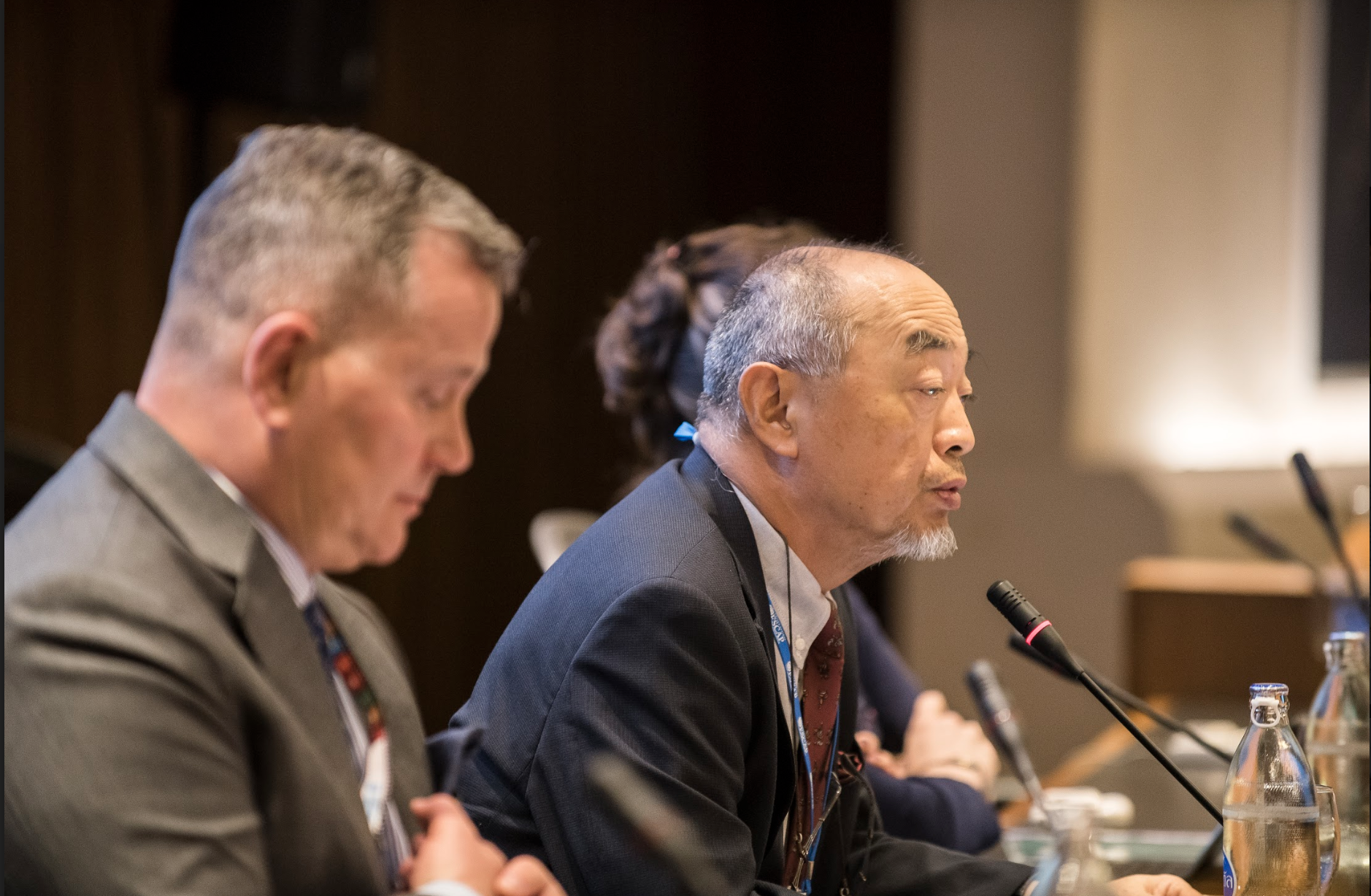
Björn Andersson, UNFPA's Asia-Pacific Regional Director (left) and H.E. Shiro Sadoshima, Japan’s Ambassador to Thailand at the ageing policy dialogue. Photo: UNESCAP
Laura Londén, Assistant Secretary-General of the United Nations and Deputy Executive Director for Management of UNFPA, underscored the gender and socio-economic dimensions of ageing populations in Asia-Pacific. “By 2050, nearly two-thirds of the world’s older people – close to 1.3 billion – will be living in this region. In that context, women, who in general outlive men but are not as financially secure, face unique risks of falling into poverty and isolation in old age. Advancing gender equality at all levels of society is key to healthy ageing.”During the panel discussion, experts echoed UNFPA’s call for current policies on population ageing to evolve more strategically and be implemented using a human rights-based approach, to complement the realities of family structure that have significantly changed over the years.
Mr. Eduardo Klien, Regional Representative of HelpAge International, stressed the importance of developing policies that yield “a new social contract; one that takes into account a more comprehensive view of ageing as a whole, such as gender equality, long-term care and income security.”
Dr. Reiko Hayashi, an expert on ageing from Japan’s National Institute of Population and Social Security Research, explained that “Gender inequality impacts people and especially women throughout their lifecycle, including pension premium payments and the amount of benefits they receive. Therefore, gender-sensitive policies for the elderly are crucial in response to the shifting demographics in the region, especially countries that have a higher ratio of elderly women.”
Dr. Thongtana Permbotasi, Deputy Director of the National Healthcare Reform and Strategy Plan Division under the Thailand Ministry of Public Health, emphasised that “Policies on ageing cannot be ‘one size fits all,’ and should be shaped by a country’s unique context. What’s really important is developing a strong community-based system in addition to strengthening institutional arrangements for the elderly.”
In her closing statement, Dr. Shamshad Akhtar, Under-Secretary-General of the United Nations and Executive Secretary of UNESCAP, reminded participants that with the right policies, and by facing realities strategically, “the challenges of ageing can be turned into an opportunity.”\
Dr. Akhtar also expressed appreciation for UNFPA and UNESCAP’s continuing collaboration on population ageing through inter-governmental forums, including in the context of the Third Regional Review and Appraisal of the Madrid International Plan of Action on Ageing.
To that end, Ms. Londén noted that UNFPA is increasing capacity at its Asia-Pacific Regional Office in Bangkok to provide more effective policy advice on population ageing to Member States and partners in the years ahead.
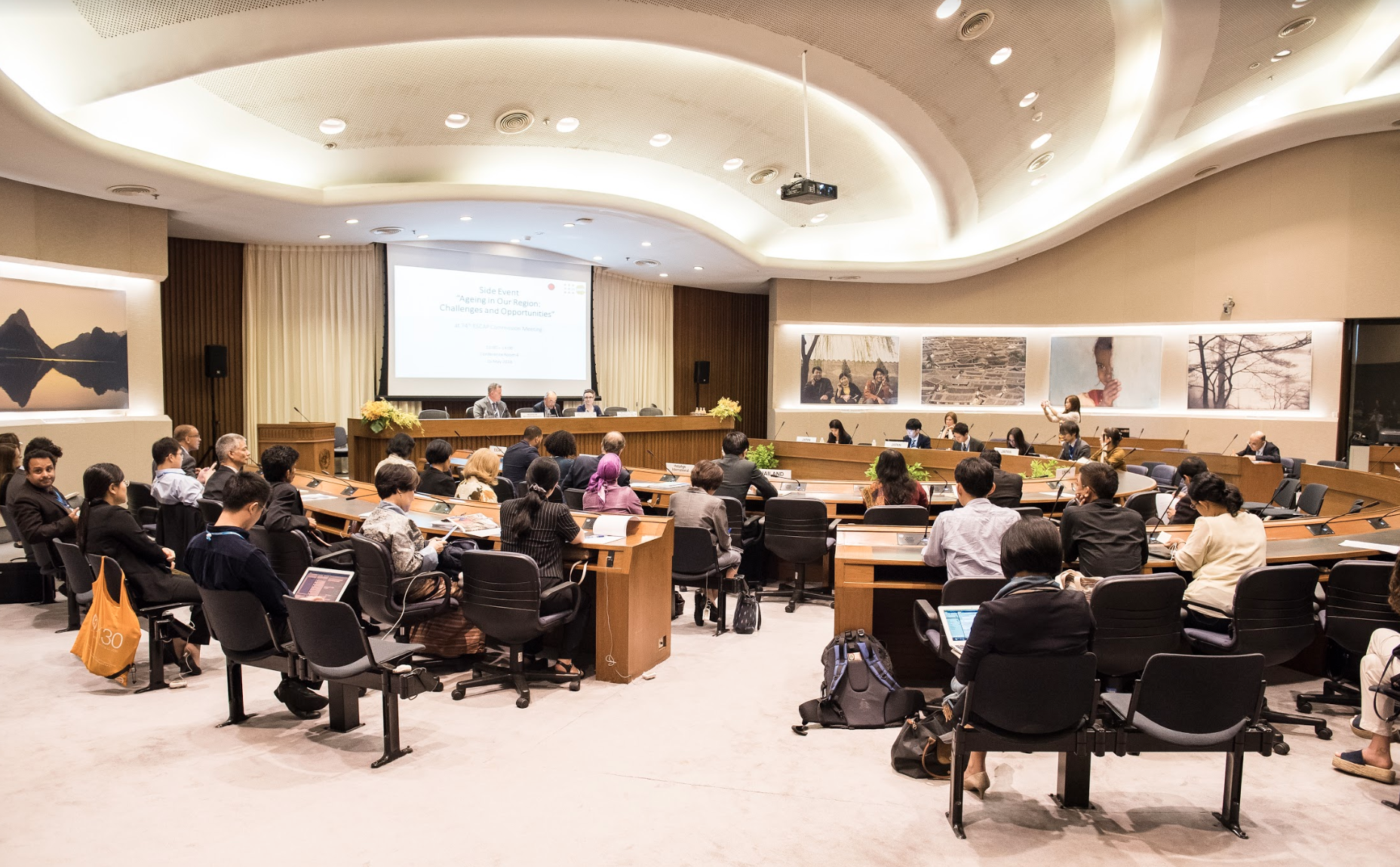
The 'Ageing in Asia and the Pacific: Challenges and Opportunities' side event.

